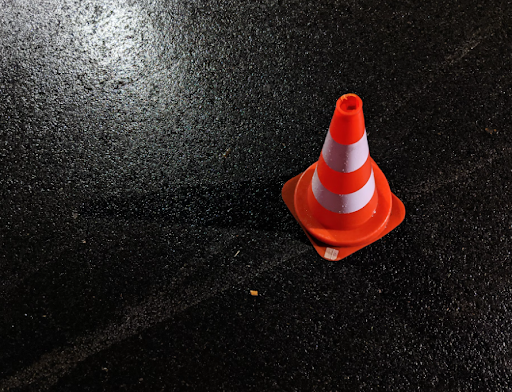When you’re dealing with the aftermath of a serious vehicle collision, hiring an accident reconstruction consultant can be a crucial step toward understanding what really happened. These experts bring science, data, and objectivity to situations often clouded by stress, conflicting accounts, and unclear evidence.
But not all consultants offer the same level of skill, experience, or approach. Asking the right questions can help ensure you’re working with someone who can genuinely strengthen your case, whether you’re pursuing justice, defending a claim, or just seeking clarity.
What is your background in accident reconstruction?
Before anything else, you need to know who you’re working with. Ask about their training, certifications, and experience specific to accident reconstruction. It’s not enough for an accident reconstruction consultant to have general engineering knowledge—they should have specialized education in biomechanics, traffic crash analysis, or forensic engineering.
Experience in courtroom testimony also matters, especially if your case may go to trial. The more specific and practical their background, the more useful—and credible—their insights will be.
What types of cases have you handled?
Not all crashes are alike. An expert who focuses primarily on commercial truck accidents may have less experience with motorcycle collisions, pedestrian impacts, or multi-vehicle pileups. Ask about the consultant’s case history and whether they’ve worked on incidents similar to yours.
Their familiarity with the specific dynamics and legal considerations of your type of accident can significantly affect the quality and relevance of their reconstruction. It also helps to know if they’ve worked for both plaintiffs and defendants, which can give them a more balanced perspective.
How do you collect and analyze evidence?
A strong reconstruction starts with solid data. Ask how they plan to gather and review evidence. Will they visit the crash site? Will they examine the vehicles involved? Do they work with 3D mapping technology, drones, or crash simulation software?
Understanding their process will give you insight into how thorough and scientific their approach will be. You should also ask how they handle missing data—like when vehicles have already been repaired or towed away—and whether they can still build a reliable report under those circumstances.
What will your final report include?
A detailed, well-structured report is the backbone of any expert’s testimony. Ask what you can expect in terms of written analysis, diagrams, and possible visual reconstructions. Will the report include speed estimates, point-of-impact calculations, and diagrams or animations that demonstrate how the crash occurred?
Will it clearly explain the findings in terms a jury or judge can understand? A strong consultant will be able to break down technical language and deliver a report that’s both scientifically sound and legally effective.
Are you prepared to testify in court if needed?
Even if you hope to settle your case out of court, it’s wise to prepare for the possibility of trial. Ask whether the consultant is willing and able to testify, and if they have done so in the past.
A consultant with a calm, confident presence and experience on the witness stand can add significant weight to your case. You might also ask whether they’ve ever been disqualified as an expert in court—and if so, why. Their courtroom track record matters just as much as their technical skill.



